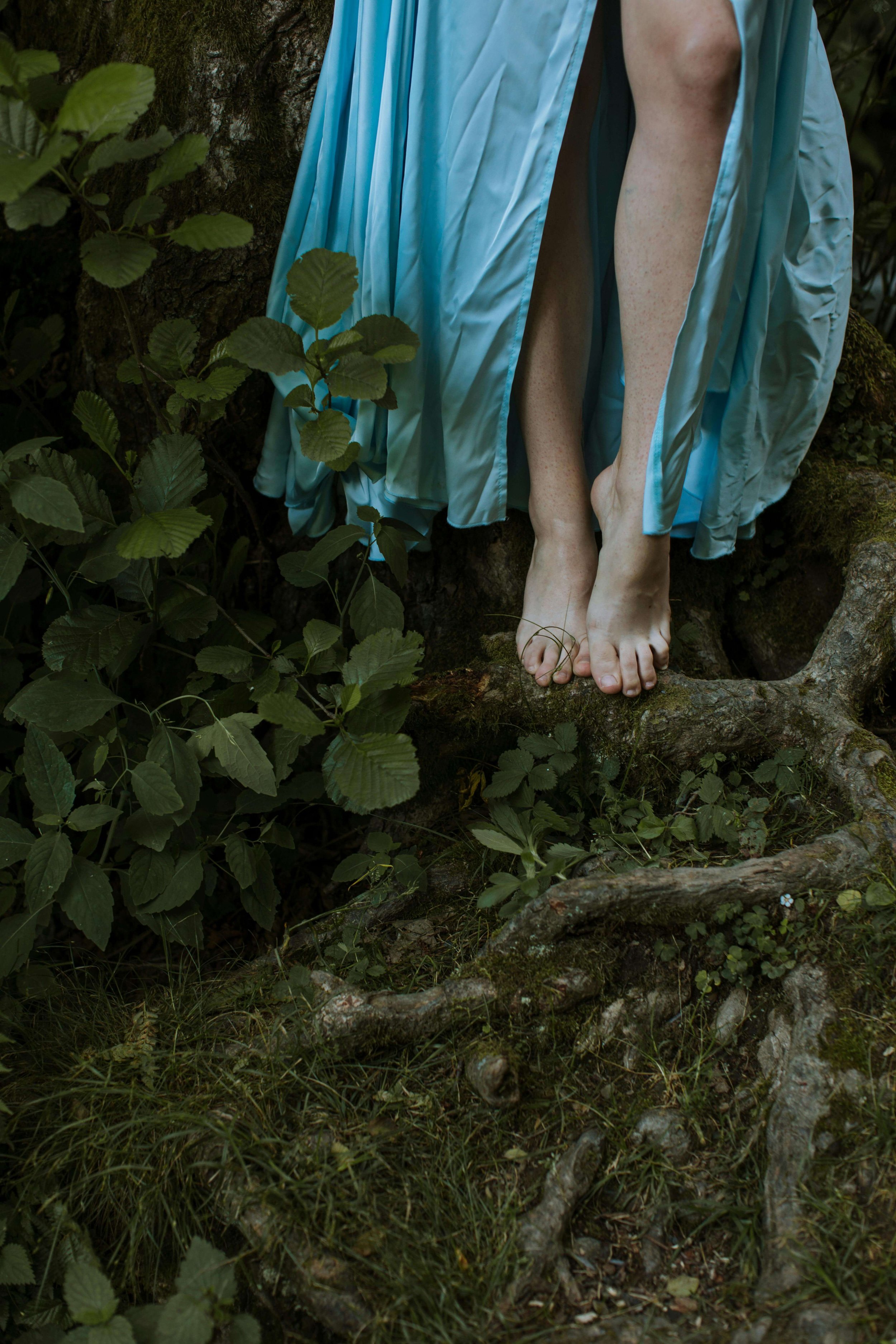Full Wolf Moon
bright blessings of the full moon to you
january 13, 2025
[The wild nature] means to establish territory, to find one’s pack, to be in one’s body with certainty and pride, regardless of the body’s gifts and limitations, to speak and act in one’s behalf, to be aware, alert to draw on the innate feminine powers of intuition and sensing, to come into one’s cycles, to find what one belongs to, to rise with dignity, to retain as much consciousness as possible.
—Clarissa Pinkola Estés
Vasalisa
In honor of this month’s Wolf Moon, I want to highlight Clarissa Pinkola Estés’s masterpiece, Women Who Run with the Wolves. As someone who no longer subscribes to organized religion - and therefore doesn’t have any one sacred text to default to - this book has emerged as a glorious font of wisdom and encouragement for me.
In this book, Pinkola Estés presents the wild woman archetype through folktales and fables. The one I’ve chosen to engage this moon cycle is her telling of the story of Vasalisa, an eastern European, slavic tale of a young woman coming of age.
It’s got me thinking about the Hero’s Journey, a well documented pattern in storytelling, in which the hero, guided by a wise elder, braves the unknown and emerges victorious. For years, I’ve heard that this is the cycle of spiritual growth we all must go through. And for almost as many years, I’ve heard this model critiqued as having a very masculine energy and not necessarily relating to women’s experiences of life and growth.
Pinkola Estés’s telling of Vasalisa seems to agree with this critique. The hero’s journey has its place in life and storytelling, but its masculine, paternal energy says that we will grow into who we are meant to be under the guidance of something or someone external to us (Yoda, Dumbledore, etc.).
This reminds me a lot of the flavor of Christianity that I grew up in. If one wanted to become wise and/or good, one sought out wise teachers (Lewis, Palmer, etc.) and studied the Bible through the lenses of wise teachers (Bonhoeffer, Barth, etc.). In this way, we grew and developed personally and spiritually, and that was lovely.
But when I circled back around to that community as an adult and started speaking theologically from my own lived experiences - be they relationships, spiritual encounters, or listening to my gut and/or heart - I was told in no uncertain terms that these were not acceptable sources of wisdom and should not be listened to.
Vasalisa, however, is on a different journey. Yes, she has a guide - her dying mother gives her the doll that represents her intuition and instructs her how to take care of it (“Keep the doll with you always. Do not tell anyone about her. Feed her when she is hungry”). But it is up to Vasalisa to learn how to listen to the doll and to practice trusting its voice and to choose her way forward accordingly.
It seems that some guides come into our lives and encourage us to trust our own instincts and gifts. And some guides want to shape us into their own ideal - and in order to do that, they nudge us away from trusting our own senses - both physical and spiritual. They are trying to domesticate the wild woman in all of us. And this is the work that Pinkola Estés invites us to explore.
One of my favorite things about being a woman is tending to my relationship with my intuition. It has taken a lot of unlearning to listen for and trust my inner knowing, a journey that will last a lifetime. Knowing that there are respected religious leaders who have worried about how far afield I have wandered from the path they asked me to walk is a source of endless delight to me. To make something of myself that would please a witchy crone and unsettle a man with religious authority is all the confirmation I need to know I have found a good and healing path.
Just like other heroes on their journeys, Vasalisa also must venture into the unknown, confront her fears, and return home with new-found wisdom. I have done that, and I imagine you have as well. So you and I know, as does Vasalisa, that we get to confront the big scary being in the woods face-to-face. We get to ask her questions directly, without the filter of the intermediary teacher. We can get lost and consider abandoning our mission and then practice hearing and trusting a voice that says, “no, keep going, you’re doing good.”
Join me
Monday, January 13, 2025, in Baltimore to read and discuss Pinkola Estés’s version of Vasalisa together!
Additionally - I’m thinking about starting a virtual book club where we would gather to read and discuss one fable from Women Who Run with the Wolves each month. If you would be interested, drop me an email and I’ll keep you in the loop!
Some Links
Here’s a synopsis of the tale of Vasalisa on Wikipedia.
Enjoy this lovely analysis by Kate Forsyth.
Considering buying the book? Please support your local bookstore at bookshop.org!
Photo by Yaroslav Shuraev on pexels.


